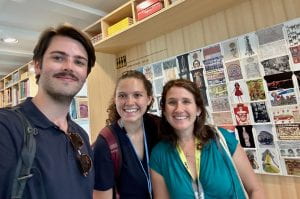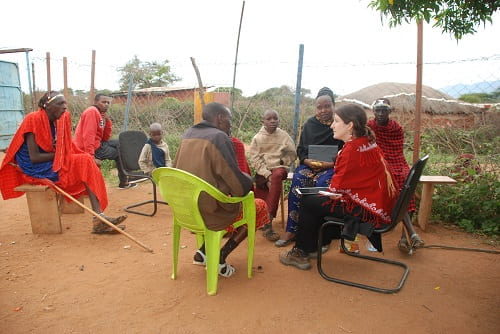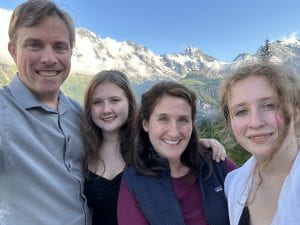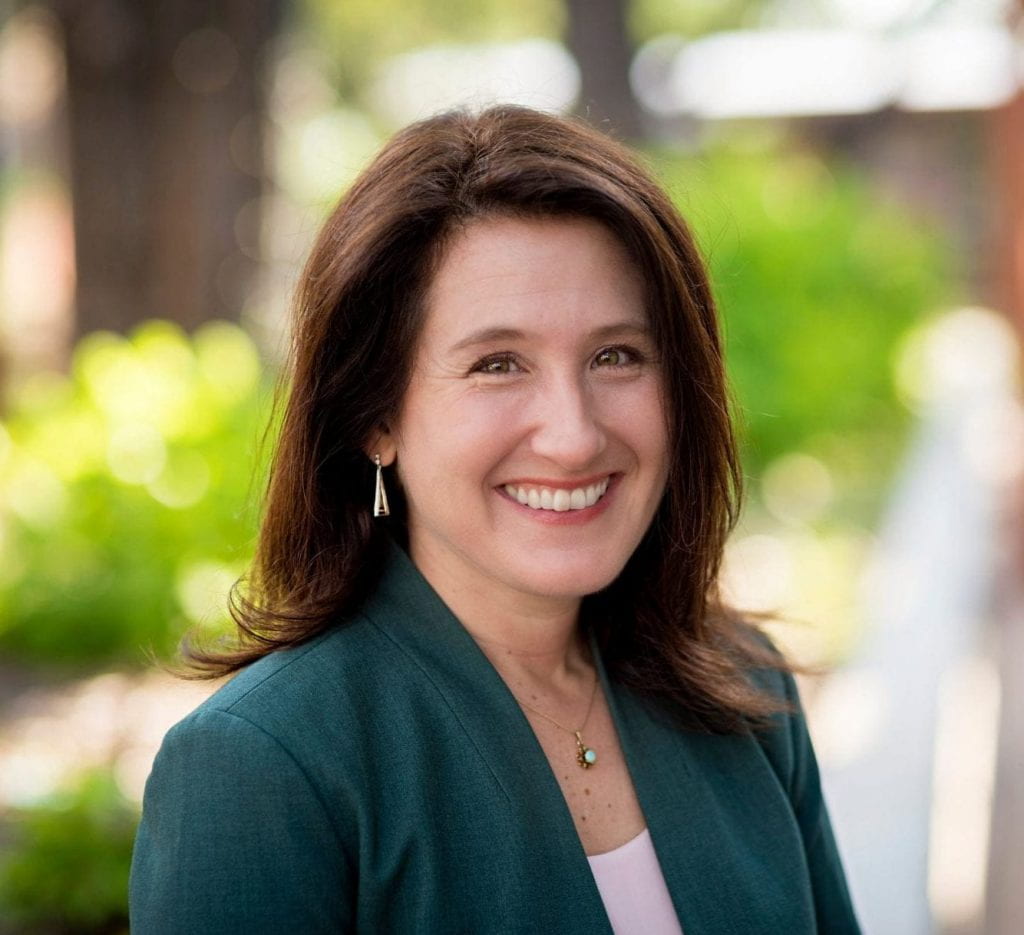About
 Exploring Collection de l’Art Brut in Lausanne, Switzerland with my students, 2024
Exploring Collection de l’Art Brut in Lausanne, Switzerland with my students, 2024
What is mental health? What is mental illness?
How is the experience, understanding, and treatment of mental health and illness shaped by one’s social world?
How do people recover mental health and what can we do to help?
I grew up asking these questions because my little brother struggled with terrifying hallucinations as a child. His experiences and my family’s struggles to help him navigate the fragmented and chaotic American mental health care system has motivated my life’s work.
When I was in college, I learned more about how anthropology focuses on engaging deeply with individuals, families, and communities over extended periods of time. These methods empowered me to consider the whole person, their social world, and the interplay between the two, which opened up new ways to research and write about mental health.

Visiting a Traditional Healer with Tanzanian Research Team, 2018
My research team and my teaching continue to focus on persons experiencing extreme mental states like psychosis, their loved ones, and those trying to help them. I have engaged in this research with diverse persons from around the world. Every day, I am excited to research and write about innovative ways to promote recovery for persons struggling with mental health–both through and beyond western biomedical treatment.
When I am not engaged in research or teaching, you can find me enjoying time with my family, taking long walks outside with my adorable dog, cooking tasty dinners, and listening to and playing music.

Murren, Switzerland, 2024
 |
Neely Myers, Ph.D.Associate Professor of Anthropology, Department of Anthropology, Southern Methodist University
Adjunct Associate Professor, Department of Psychiatry, UT Southwestern Medical School |